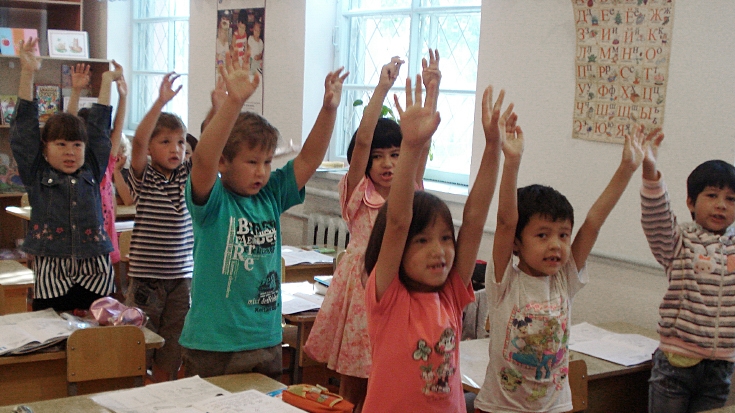Today’s highly interconnected and globalized world economy means that labor markets in many countries have an increasing need for workers with high levels of analytical and interpersonal skills.
This is the case in the Kyrgyz Republic, where ongoing structural changes in the industrial and service sectors are creating a pressing need for so-called “new economy skills.”
The Skills Road: Skills for Employability in the Kyrgyz Republic is a new World Bank report that looks closely at the links between education, skills, and employment outcomes in the country, and suggests specific policy goals for the Kyrgyz government in promoting the development of job-relevant skills.
Using data compiled from a unique household survey – the first large-scale survey conducted in the country – the study goes beyond traditional data and analysis of educational attainment, and includes assessments of cognitive and non-cognitive skills of workers in both the formal and informal sectors, job seekers, and those who are currently inactive.
Skills are highly valued in the labor market – but skills gaps still persist, according to the report. For example, youth with more cognitive and non-cognitive skills are more likely to be employed than inactive or discouraged people. Among the employed, workers with higher cognitive and non-cognitive skills are more likely to use those skills in their daily work, while workers with higher skills – cognitive skills, especially – tend to have higher quality jobs.
Cognitive skills capture the ability to use logical, intuitive, and critical thinking, as well as skills such as problem solving, verbal ability, and numeracy. Non-cognitive skills represent personality traits and socio-emotional skills that are relevant in the labor market, including extraversion, conscientiousness, openness to experience, agreeability, and emotional stability.


